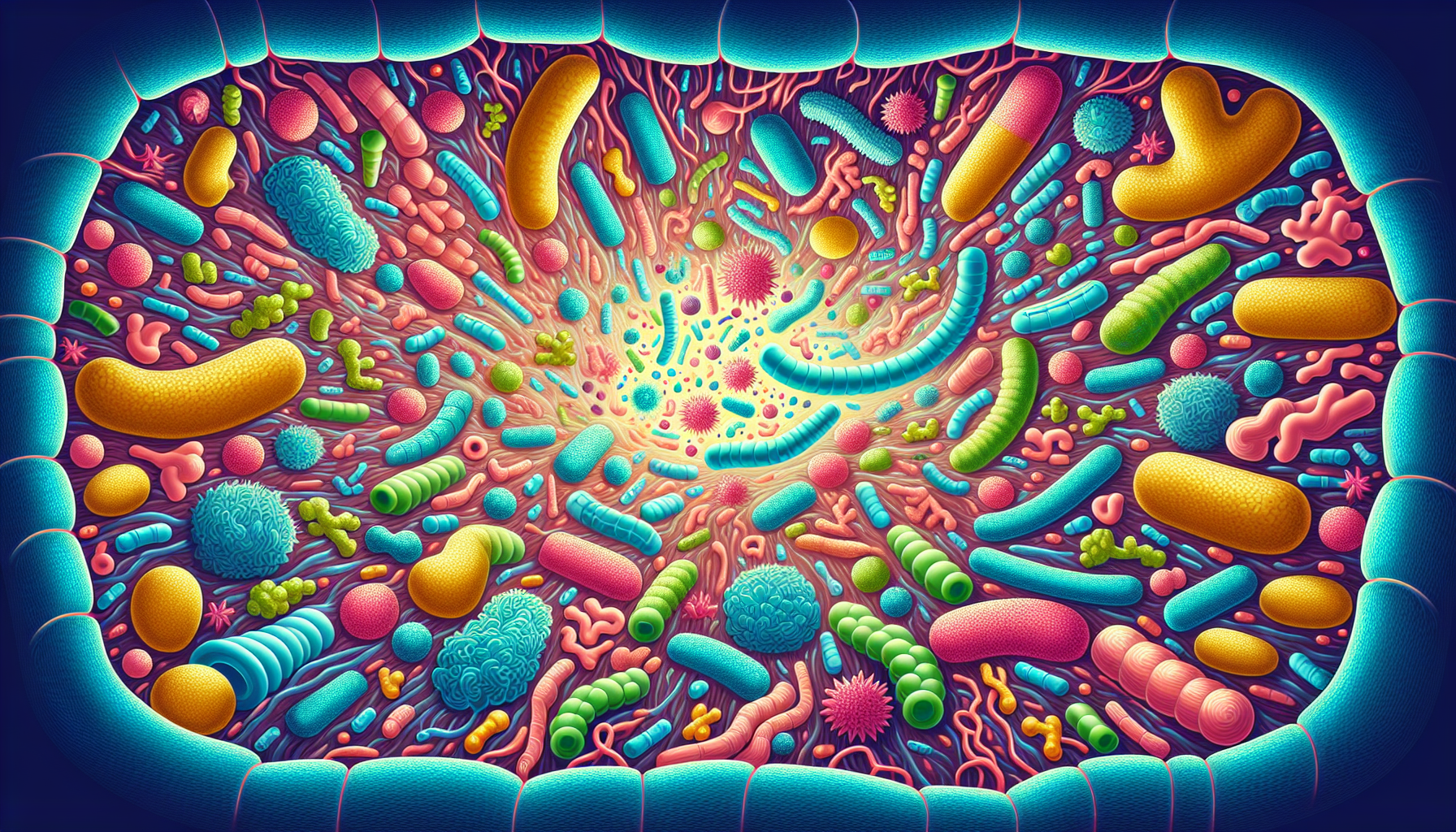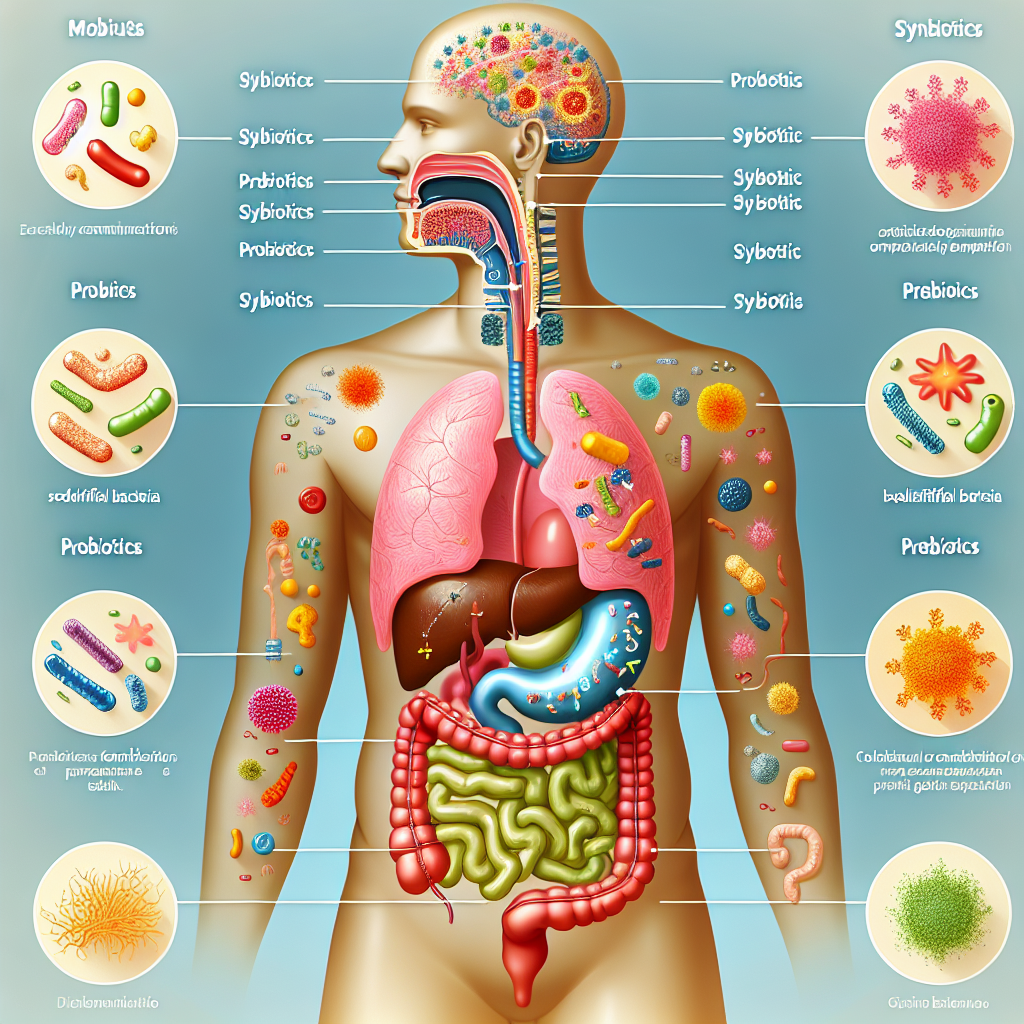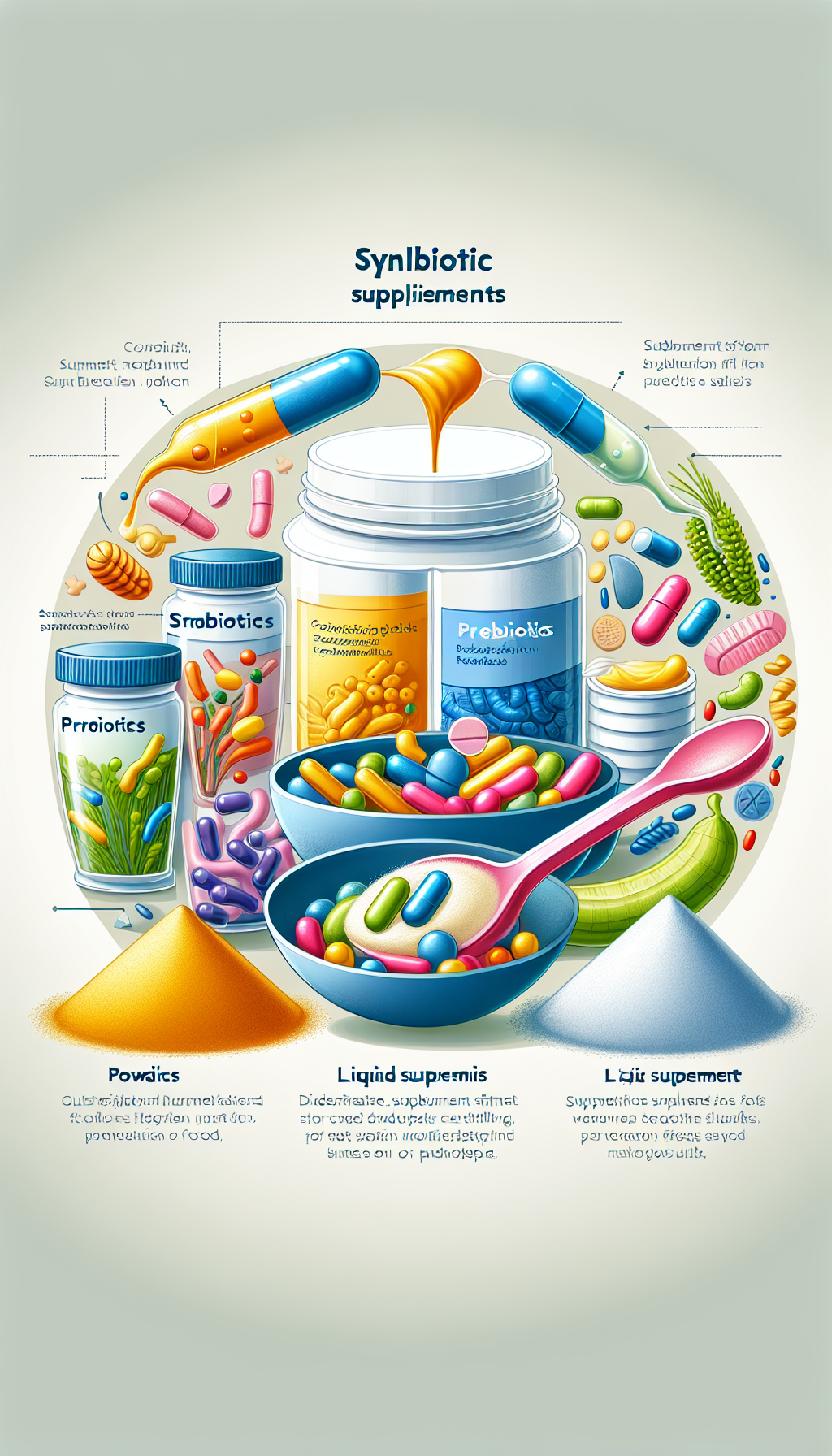In the quest for optimal health, the gut microbiome plays a central role, influencing everything from digestion to immunity. Probiotic and prebiotic combination therapies, often referred to as synbiotics, are emerging as a powerful tool to enhance gut health and overall well-being. This comprehensive guide delves into the synergistic effects of probiotics and prebiotics, exploring how they work together to support digestive health and contribute to the body’s complex ecosystem.
Understanding Probiotics and Prebiotics
Probiotics are live microorganisms, commonly known as "good bacteria," which, when administered in adequate amounts, confer a health benefit on the host. They are found in fermented foods like yogurt, sauerkraut, and kefir, as well as in dietary supplements. These beneficial bacteria help maintain the natural balance of organisms (microflora) in the intestines, essential for a healthy digestive system.
Prebiotics, on the other hand, are non-digestible fibers that serve as food for probiotics. They are found in foods such as bananas, onions, garlic, and asparagus. Prebiotics help promote the growth and activity of beneficial bacteria, fostering a favorable environment for gut health.
When combined, probiotics and prebiotics have a symbiotic relationship, enhancing the survival and implantation of live microbial dietary supplements in the gastrointestinal tract. This synbiotic relationship can lead to improved digestive health, among other benefits.
The Synergy of Synbiotics
Synbiotics bring together the gut health-enhancing properties of both probiotics and prebiotics. This combination ensures a biotic environment where beneficial bacteria thrive and contribute to the gut’s health. The synergy between these two components can lead to:
- Enhanced survival of beneficial gut flora
- Improved colonization of probiotics in the gut
- Stimulation of immune responses
- Better digestion and nutrient absorption
For a deep dive into the importance of maintaining a healthy digestive system, consider reading about Digestive Health, which highlights the critical role of gut health in overall wellness.
Health Benefits of Probiotic and Prebiotic Combination Therapies
Improved Digestive Function
Synbiotics can help manage and prevent common digestive issues such as constipation, irritable bowel syndrome (IBS), and inflammatory bowel disease (IBD). By enhancing the gut flora, synbiotics contribute to a more efficient digestive process and can help alleviate the symptoms associated with these conditions.
Enhanced Immune Function
A healthy gut microbiome is essential for a robust immune system. Synbiotics may improve immune function by increasing the production of immune-boosting substances and enhancing the body’s response to pathogens. This can be particularly beneficial for individuals looking to Strengthen Immunity through Gut Health.
Weight Management
Emerging research suggests that synbiotics may play a role in weight management by influencing the balance of gut microbiota. A healthier gut flora composition has been associated with a lower risk of obesity and may assist with weight loss efforts.
Mental Health
The gut-brain axis is a complex communication network that links the gut and brain, highlighting the influence of gut health on mental well-being. Synbiotics may have a positive impact on mental health by reducing stress, improving mood, and potentially alleviating symptoms of depression and anxiety.
Cardiovascular Health
Probiotics and prebiotics may contribute to better cardiovascular health by reducing risk factors such as high cholesterol levels and blood pressure. Synbiotic therapies could be part of a comprehensive approach to Cardiovascular Health.
Skin Health
The gut-skin axis suggests a link between gut health and skin conditions. Synbiotics may improve skin health by reducing inflammation and oxidative stress, potentially benefiting conditions like eczema, acne, and psoriasis.
Implementing Synbiotic Therapies in Your Diet
Dietary Sources
Incorporating synbiotics into your diet can be as simple as combining probiotic-rich foods with prebiotic fibers. For example, adding a banana (prebiotic) to yogurt (probiotic) creates a synbiotic meal. Other dietary sources of synbiotics include:
- Kefir with a prebiotic supplement
- Sauerkraut and garlic as a side dish
- Miso soup with onions
Supplements
For those who find it challenging to consume sufficient amounts of probiotics and prebiotics through diet alone, supplements are available. These often come in capsules, powders, or drinks and can offer a convenient way to ensure adequate intake of both components.
Supporting Research and Resources
To better understand the science behind synbiotics, here are several resources that provide in-depth information about their benefits and mechanisms of action:
- International Scientific Association for Probiotics and Prebiotics (ISAPP) – A nonprofit organization that works to advance scientific excellence in probiotics and prebiotics.
- Gut Microbiota for Health – An initiative by the European Society of Neurogastroenterology & Motility providing resources on gut microbiota research.
- American Gastroenterological Association – An organization with a wealth of information on digestive health and the role of diet in managing gut-related diseases.
For further exploration into the impact of diet on gut health, consider reading about the Role of Prebiotic Fibers in Gut Health Maintenance and the Protective Effects of Gut Flora.
Conclusion
Synbiotics represent a promising avenue for enhancing gut health and, by extension, overall health. By understanding the benefits of probiotic and prebiotic combination therapies, individuals can make informed choices about their diet and supplement intake to foster a healthier gut microbiome. As research continues to illuminate the complex relationships within our gut ecosystem, synbiotics will likely play an increasingly significant role in preventive health care and the management of various health conditions.



